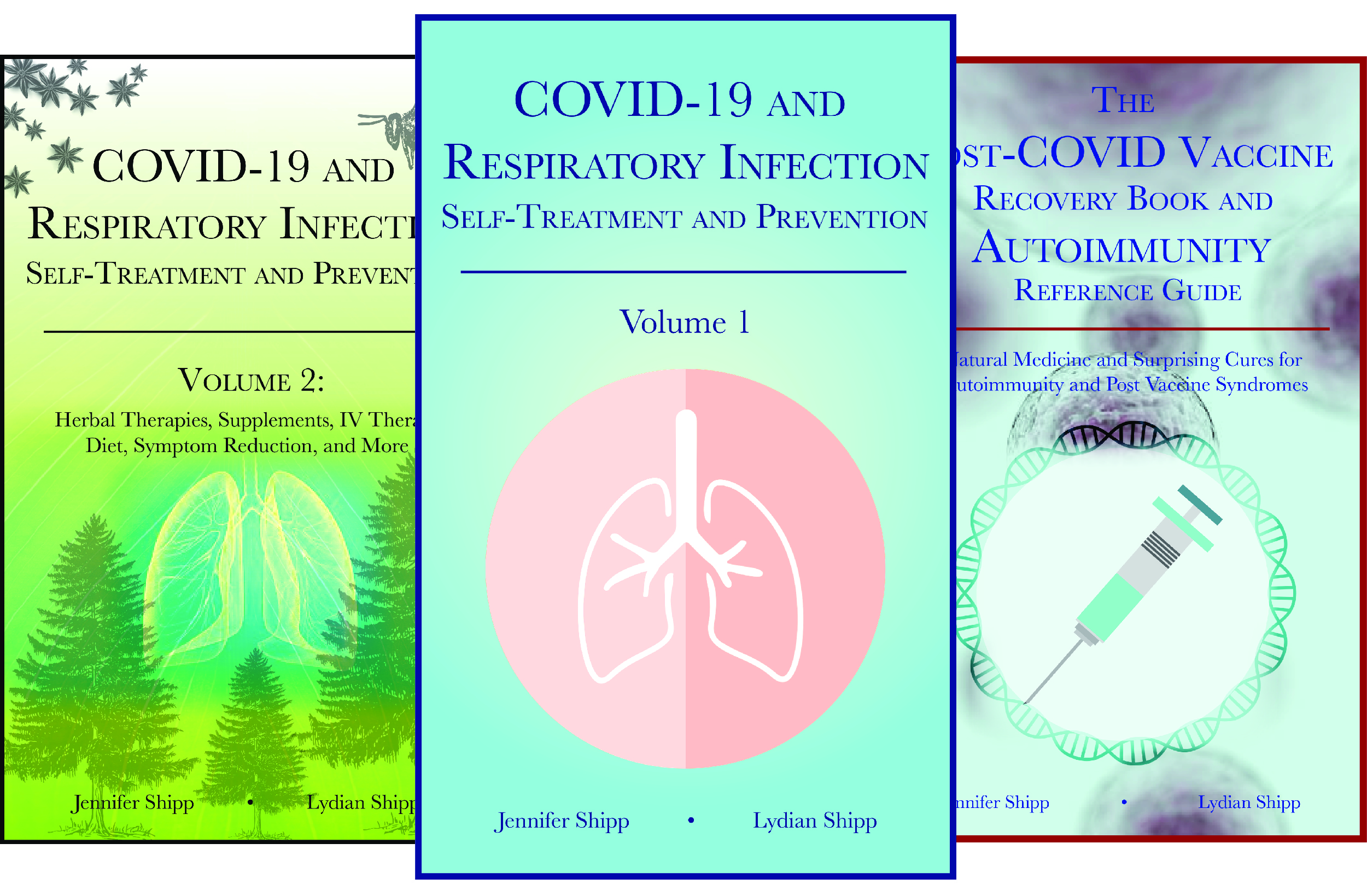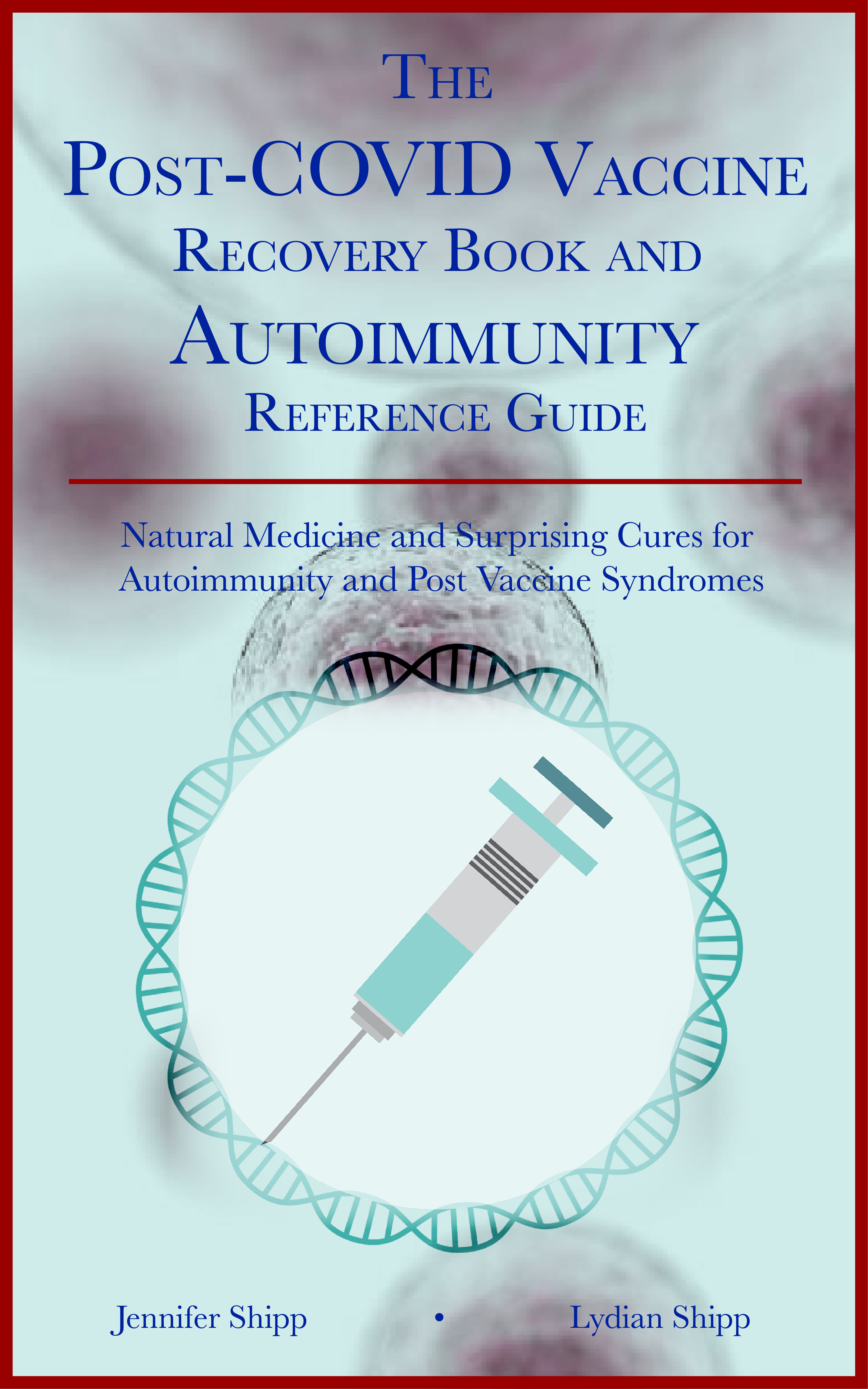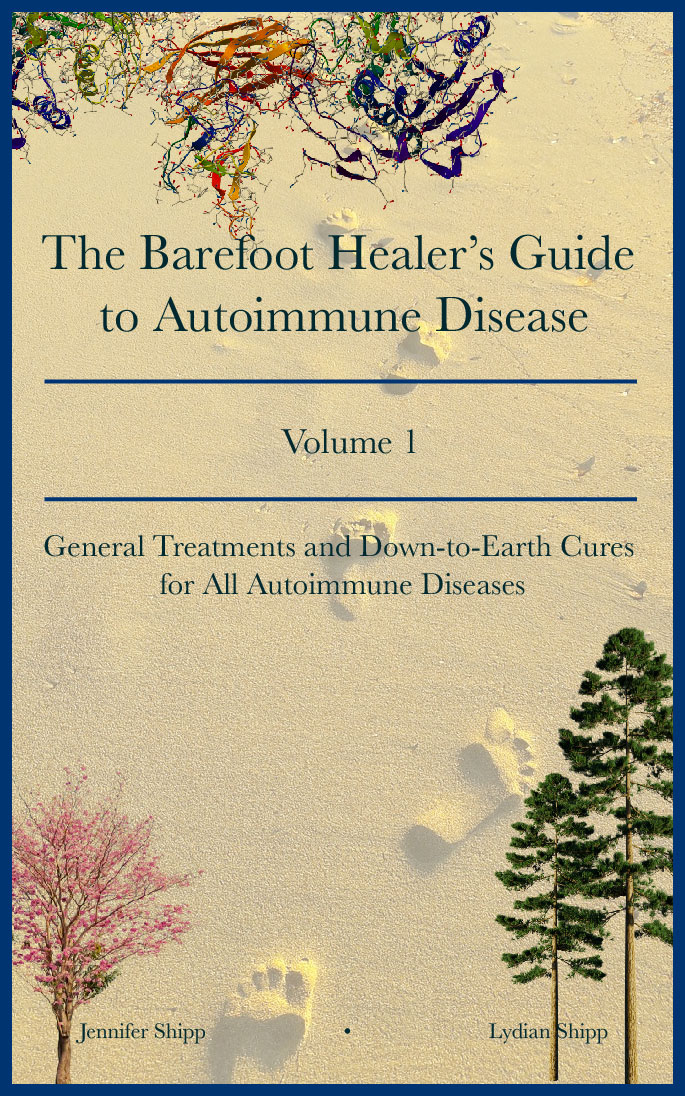Can a nutrient deficiency cause multiple sclerosis?
Vitamins B1 and B2, thiamine and riboflavin, both play important roles in the treatment of multiple sclerosis. Some people have in the past speculated that MS may be caused by an overgrowth of Candida in the gastrointestinal tract, which is in fact one of the risk factors for the development of a deficiency in these vitamins since Candida overgrowth can interfere with gastrointestinal absorption of nutrients. Thus, orthomolecular treatment of MS should ideally be administered in combination with an anti-candida, healing diet rich in fresh produce and other whole ingredients. If Candida overgrowth is a part of the problem and isn’t corrected, it’s likely that supplementation with vitamins won’t have as significant of an impact, and also that the results of the treatment won’t last.With that said, both vitamin B2 and vitamin B1 deficiencies play a role in the development of multiple sclerosis.
High dose thiamine (vitamin B1) therapy has been shown to be particularly useful in relieving some MS symptoms, such as severe fatigue. One study showed that both oral and intravenous administration of vitamin B1 improved fatigue symptoms in a group of 15 MS patients. The same study noted that the patients had normal blood thiamine and thiamine pyrophosphate levels, though symptoms improved with thiamine therapy. This suggests that MS patients may have problems with intracellular transport of nutrients or with the enzymes required to use thiamine in the body.
Vitamin B1 should be administered at a dose of 1000-2000mg per day for the treatment of multiple sclerosis. Fred R. Klenner, MD used this dose successfully to improve the symptoms of his MS patients.
Vitamin B2 should be administered at a dose of 10mg/kg of body weight per day. Therefore, if a person weighs 70kg (about 155 pounds), they should be taking 700mg of vitamin B2/riboflavin per day. People who weight less will take less, and people who weigh more will take more.
 NOW Supplements, Vitamin B-100, Energy Production*, Nervous System Health*, 100 Veg Capsules
NOW Supplements, Vitamin B-100, Energy Production*, Nervous System Health*, 100 Veg Capsules
Finally, vitamin B3, otherwise known as niacin, is a must-take supplement for multiple sclerosis patients. Dr. Abram Hoffer has successfully used niacin on over 60 MS patients to reduce symptoms significantly. When the treatment was begun early in the disease progression, the results tended to be more profound. Dr. Hoffer administered his MS patients an oral dose of 3000-6000mg of vitamin B3 per day in divided doses. The same doctor has had success using niacin (especially in combination with other vitamin and mineral supplements) to treat not only multiple sclerosis, but also other serious illnesses such as schizophrenia, Alzheimer's, migraines, Parkinson's disease, and more. The book Niacin: The Real Story offers a more detailed look at how niacin can be used to treat different illnesses like these.
 Nutricost Niacin (Vitamin B3) 500mg, 240 Capsules - with Flushing, Non-GMO, Gluten Free
Nutricost Niacin (Vitamin B3) 500mg, 240 Capsules - with Flushing, Non-GMO, Gluten Free
 COVID-19 and Respiratory Infection Self treatment and Prevention BUNDLE - Volumes 1, 2, and 3
COVID-19 and Respiratory Infection Self treatment and Prevention BUNDLE - Volumes 1, 2, and 3

The Post-COVID Vaccine Recovery Book and Autoimmunity Reference Guide

The Barefoot Healer's Guide to Autoimmune Disease, Volume 1 - BUY HERE!

Related Posts:
Resources:
[5] Kmiec, Mitchelle (n.d.) Thiamine: An Important Vitamin for Multiple Sclerosis. Retrieved May 27, 2022 from: https://www.onlineholistichealth.com/multiple-sclerosis-and-thiamine/

 Eggs, free-range/grass-fed meats, and goat's milk are all healthy sources of thiamine and riboflavin. Dark leafy green vegetables, nuts, and legumes are also good choices.
Eggs, free-range/grass-fed meats, and goat's milk are all healthy sources of thiamine and riboflavin. Dark leafy green vegetables, nuts, and legumes are also good choices.
 Nutricost Vitamin B12 (Methylcobalamin) 2000mcg, 240 Capsules - Vegetarian Caps, Non-GMO, Gluten Free B12 Supplement
Nutricost Vitamin B12 (Methylcobalamin) 2000mcg, 240 Capsules - Vegetarian Caps, Non-GMO, Gluten Free B12 Supplement































